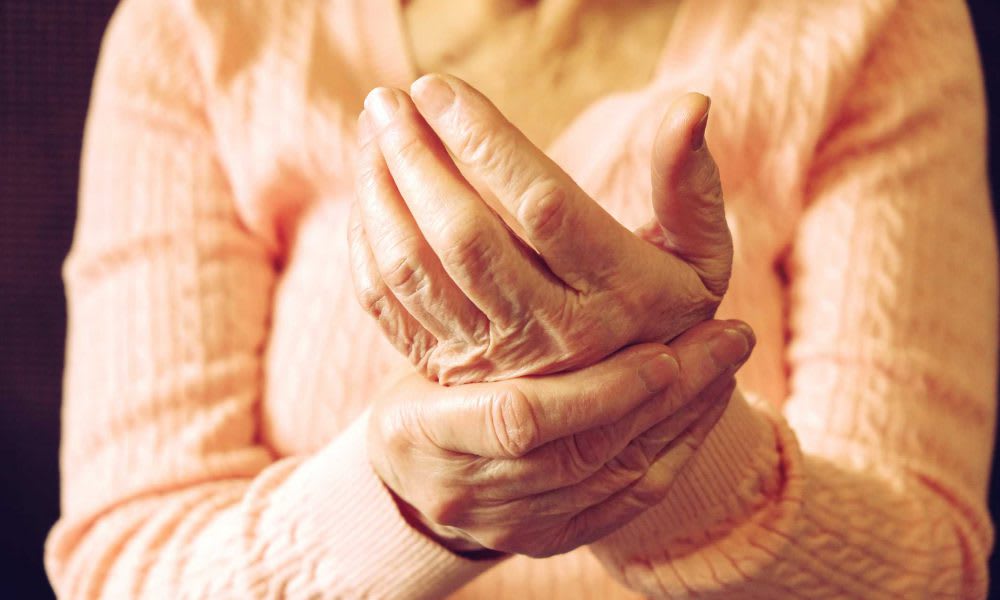Taking care of others does not mean losing your health while doing it. You can only do your job well if you are physically and emotionally fit. Caring for someone who is temporarily or permanently ill is a very stressful job, and when you are caring for a family member, it is often seen as a selfless act. However, it takes a lot of physical and emotional energy, even if you are a paid professional.
In order to be your best self, you need to learn how to take care of yourself during this process. You may experience periods of extreme stress and anxiety, which can be controlled by adopting certain personal habits.
1.Learn to Organize Yourself
One of the most effective ways to avoid stress is to not deal with last-minute errands or waste time looking for something in an emergency. Organize all medical, financial and legal documents for the person you are caring for and keep them in one place. Always leave important information withing reach, such as phone numbers or medications the patient is taking.
Another way to get organized is to make a list of things you need to control or activities for the day. This is a typical to-do list that you can check off as you do them. Write down the things you can really control so you can get rid of the other worries that it doesn’t make sense to spend energy on.
2.Take Small Breaks
It doesn’t matter if you feel like you don’t have time: taking 4 or 5 5 minute breaks throughout the day won’t affect your to-do list at all. Even when you are busier, stopping and taking a few deep breaths, inside or outside the house, will help you get out of the stress and chaos. Deep breathing activates your parasympathetic system, which counters the negative effects of stress and will make you think and act more clearly and relaxed.
3.Get Enough Sleep
Getting a good night’s rest is extremely important for a home caregiver. Lack of sleep affects your body and mind and is a gateway to depression and cardiovascular disease. Also, if you don’t have a rested mind, you may make poor decisions in an emergency.
To get good sleep, you can try to:
- Always go to bed at the same time, so that your body gets used to the routine and you don’t suffer from insomnia.
- Avoid drinking stimulating beverages, such as coffee or alcohol, at least two hours before going to bed.
- Avoid cell phone or television screens when you are already in bed. Social networks are very attractive to keep you updated on what happened during the day, but they are very addictive by making you lose hours of sleep.
4.Eat Healthy

As a caregiver, you need to be very careful with your diet. Sometimes eating fast food while you are working or the person you are caring for is resting seems like the easiest option, but it is not sustainable in the long run. Your body won’t have the nutrients it needs to function.
You can cook on your day off and store daily portions in containers. If you are also cooking for your patient, cook for yourself at the same time, even if the recipes are different. Other good eating habits include avoiding caffeine, as it causes dehydration and headaches, drinking enough water, or replacing tea or coffee at snack time with fruit.
5.Maintain a Good Physical Health
To control your health, you have to learn how to stay fit. Increasing your physical activity has excellent results. Try to set aside at least 20 minutes a day for a physical activity you enjoy, such as walking, running or swimming. Yoga or Pilates stretching are two of the best options.
6.Invest Time in Your Mental Health
The strong emotions experienced by caregivers when the patient is a family member or when you are faced with daily challenges in your job as a caregiver, tend to lock you into a negative cucle including resentment, lack of perspective or depression.
You can for instance take advantage of the time you spend during your physical exercises to keep in touch with friends and not isolate yourself. Taking a group walk or joining a dancing class are great options for maintaining your mental health as well.
Meditation is another solution to get rid of negative emotions while getting to know yourself. It brings you calm when you are tired from the daily struggle and gives you a sense of clarity to see things in their true context.
7.Be Gentle with Yourself
If you are a stressed caregiver, be gentle with yourself. The work you do takes a lot of effort, so free yourself from guilt or negative feelings. Tonight, before you go to sleep, thank yourself for making the day so much better for the human being you are caring for. You have given your time and generosity.
There you are! If you follow those habits to take care of yourself, you should be able to keep fit and be an excellent caregiver. What struggles do you encounter as a caregiver? Let us know in the comments below.







